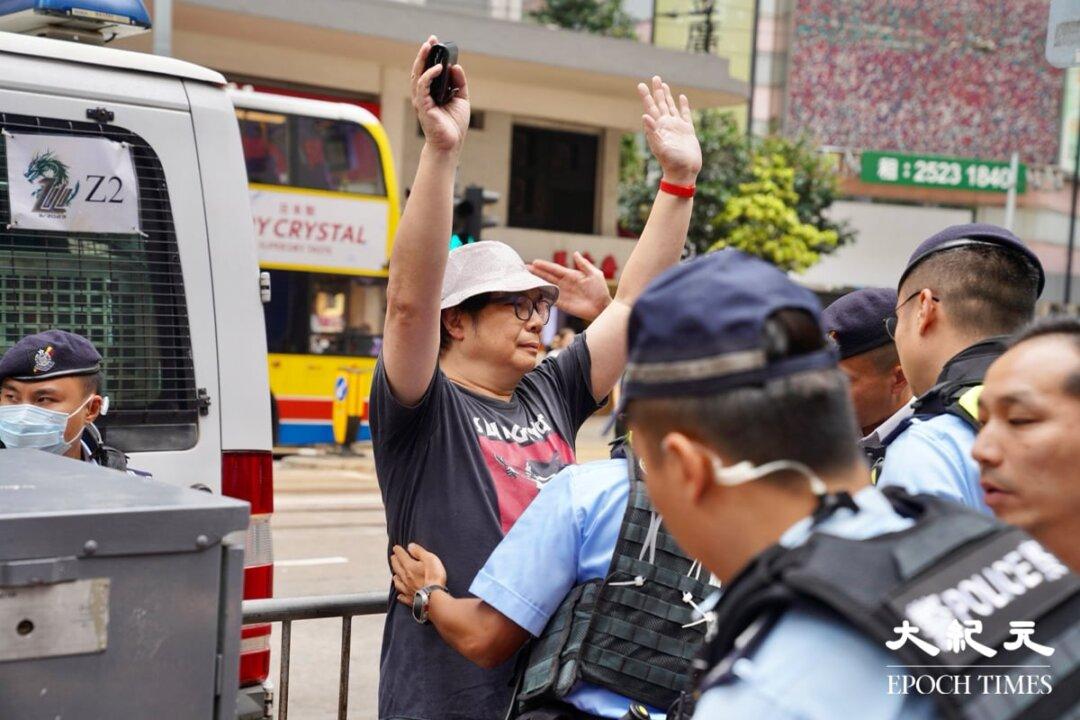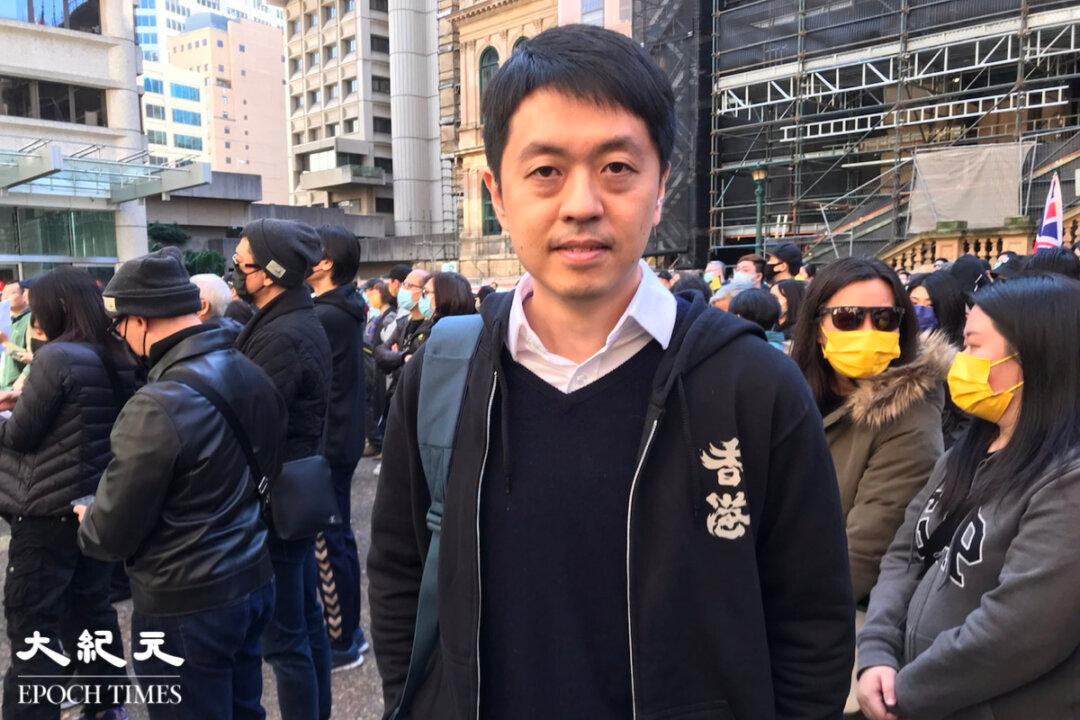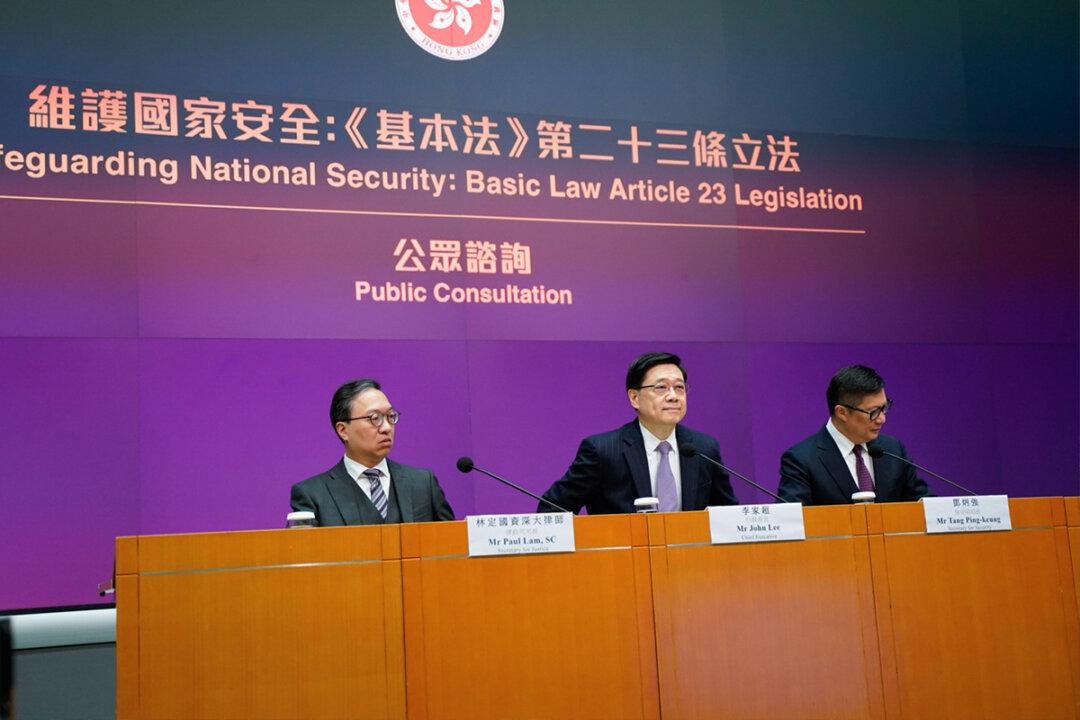In a press release on July 5, the Hong Kong government announced that the number of organ donation cancellations in May had reached nearly 6,000. This historically high number of cancellations sparked discussions amongst many Hong Kong citizens. They were wondering how this phenomenon had appeared out of the blue. Experts in the know have suggested it’s a soft protest against the Chinese Communist Party’s organ harvesting practices.
5,816 Cancellations Within One Month
According to the government’s May press releases, 28,000 applications to cancel organ donation registrations were received by the Centralized Organ Donation Register (CODR). It also stated that the number of cancellations was unusually high. However, the 21,600 applications received from applicants who were either unregistered or had failed the identity verification process were deemed invalid. The government did not provide any detailed information on the remaining 6,400 cancellations. However, when responding to media inquiries, it stated that there were 5,816 valid cancellations in May.The government and Chief Executive John Lee Ka-Chiu publicly condemned individuals who had questioned Hong Kong’s dialogue with mainland China on establishing a permanent organ transplant cooperation mechanism. He also condemned those who had never applied for registration but were applying to withdraw or cancel their registration.




